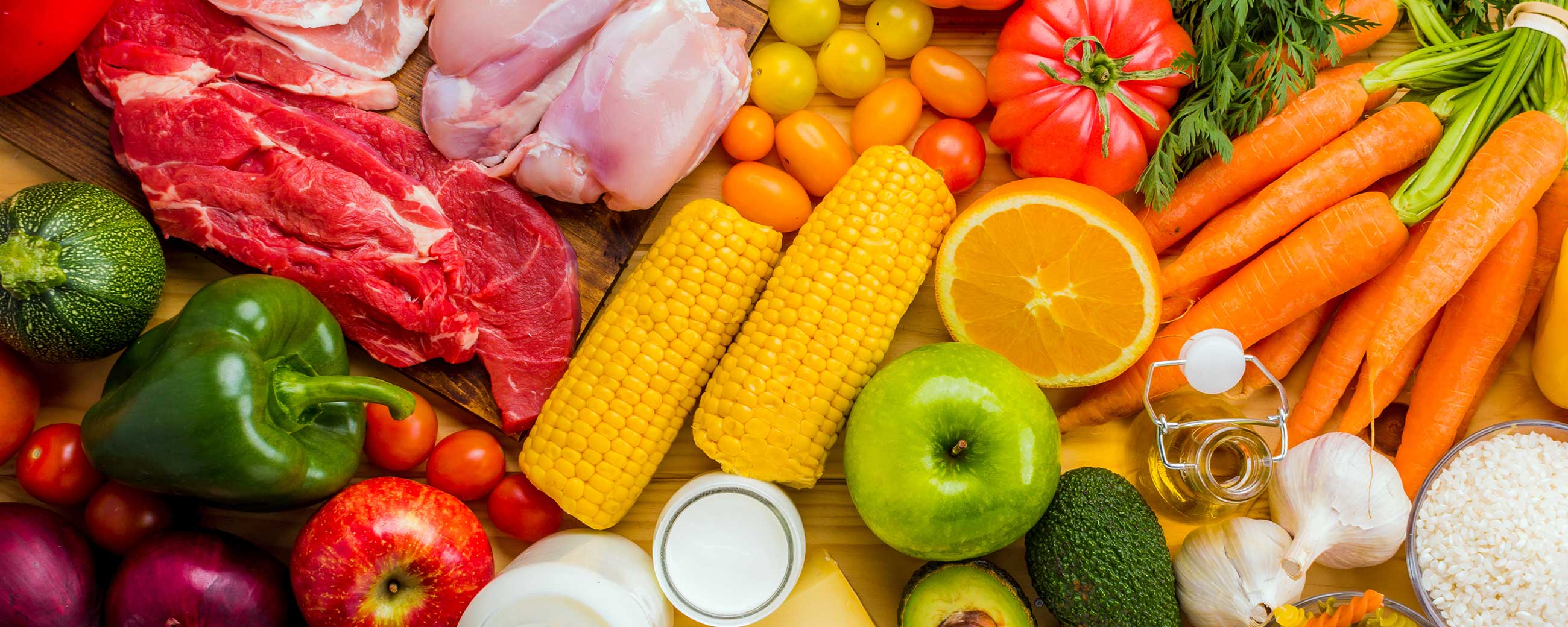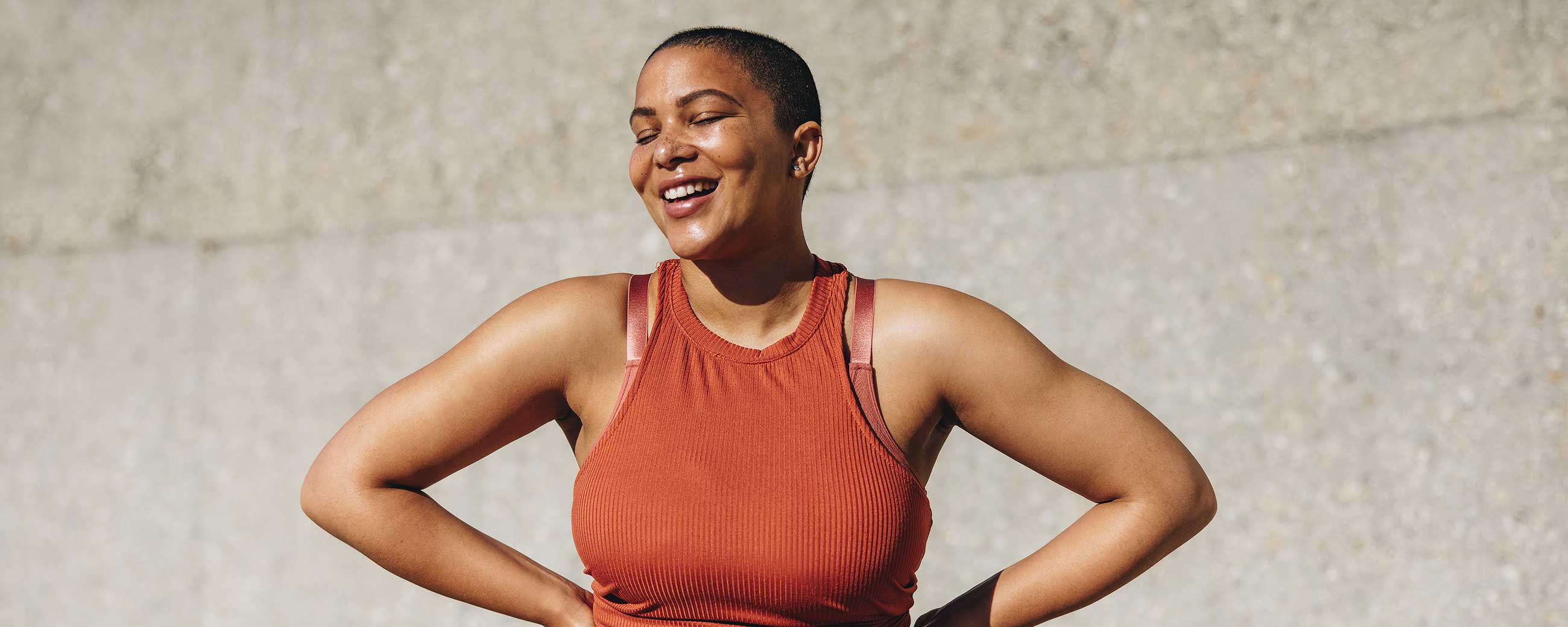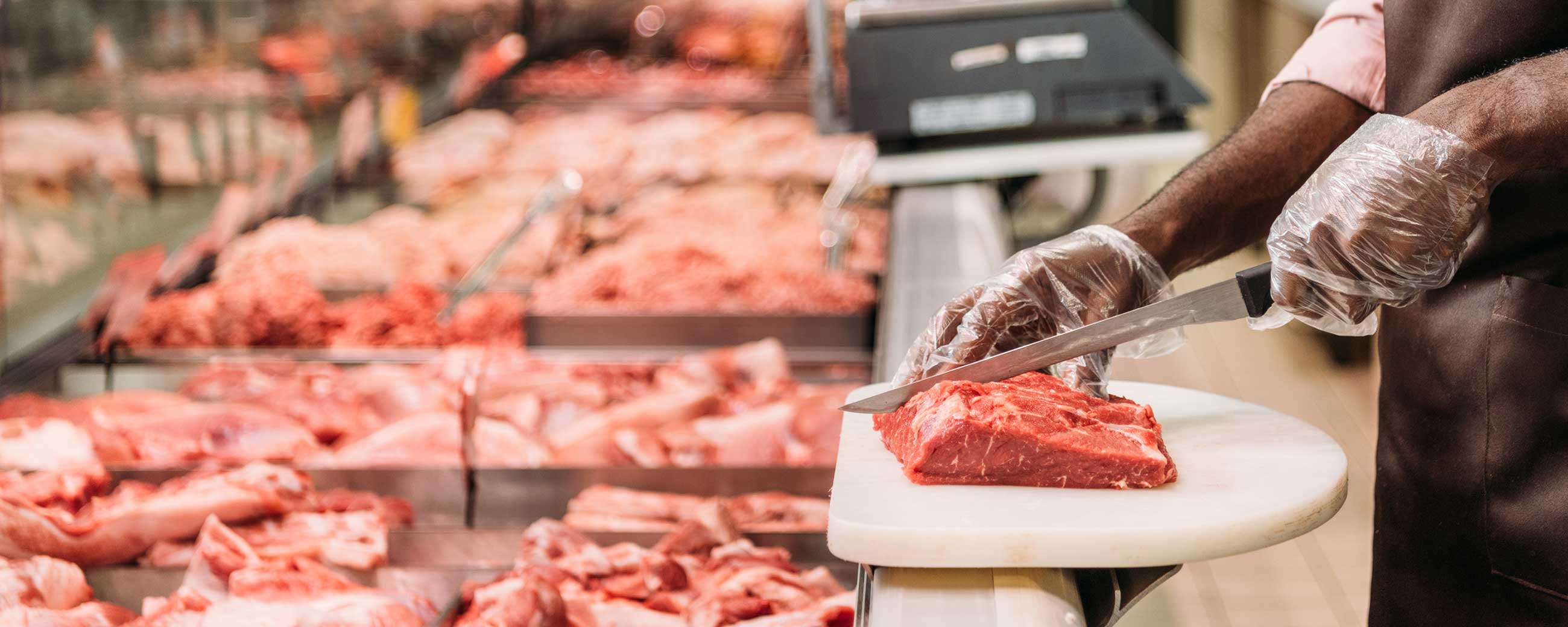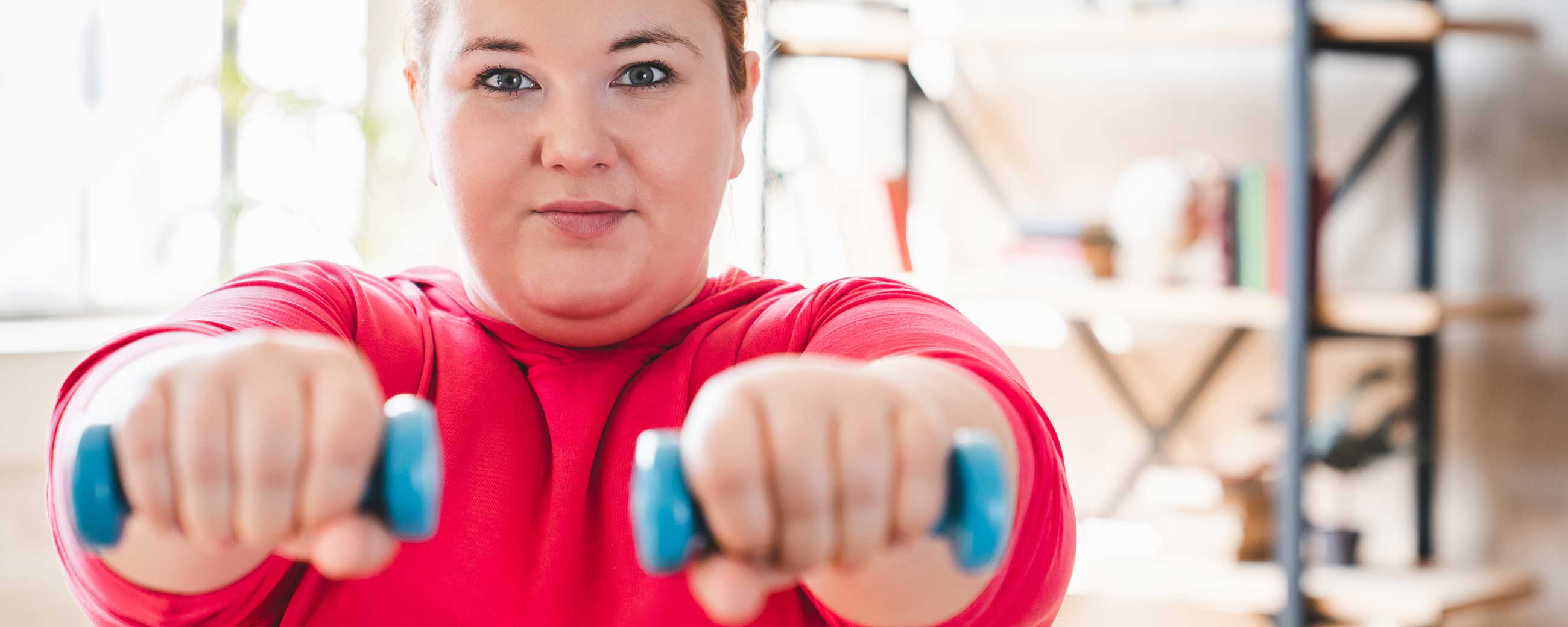
How Much Protein Do I Really Need?

Ask Theresa is an advice column by Theresa Link. A Virta Health Coach since 2015 and a loyal follower of the ketogenic lifestyle, Theresa is a Registered Dietitian who is an expert in living a metabolically-healthy life.
This week, Theresa tackles the protein panic. From confusing advice online to pressure-packed social media posts, it’s easy to feel like you’re not eating “enough” protein. But do you really need a huge amount to stay strong? If you're feeling overwhelmed by grams, goals, or the supplement aisle, this one’s for you.
❓Question:
Theresa,
I’m feeling really confused about protein.
My coach suggested that 90–120 grams per day is a good range for me, but honestly—even hitting 90 grams is a stretch some days. I’m 5’4", in my late fifties, and not super active. My OBGYN recently mentioned I’m showing early signs of menopause (fun times), and now I keep seeing posts on Facebook warning that I need 150–200 grams of protein daily to avoid losing all my muscle and becoming frail.
I’m about to become a grandma, and staying strong and healthy for my grandbabies is really important to me. So now I’m wondering: Should I be aiming for 150 grams? Should I start taking protein supplements? How do I actually eat that much protein without getting sick of it?
I want to get this right. Help!
Sincerely,
Protein Perplexed
👩💻 Theresa:
Dear Perplexed,
Protein is everywhere these days—meal delivery kits, snack bars, powders, and yes, even those dramatic social media posts trying to convince you that you're one scoop away from disaster if you don’t buy their product.
At Virta, we take a more balanced approach. We recommend moderate protein intake, not the extreme highs you might see online. Of course, the right amount of protein depends on you—your age, gender, activity level, and health goals all play a role. But here’s the good news: your protein needs are likely close to what many people are already eating.
The key is getting enough—but not too much. It's all about balance, not overload. And we’re here to help you find that sweet spot.
Getting the Right Amount of Protein Matters
Protein is a big deal when it comes to your health. Your body uses it to build muscles, bones, skin, hair—you name it. Out of the three major nutrients (carbs, fat, and protein), protein is the only one that gives your body certain building blocks (called amino acids) that it can’t make on its own.
And here’s something people often don’t realize: your body is constantly breaking down and rebuilding protein. It’s not just a “build it and forget it” kind of thing. If you don’t eat enough protein—or enough energy from fat or carbs—your body will actually start using its own tissues (like muscle) to make up for what it’s missing.
Yeah… not ideal.
How Much Protein Do You Actually Need?
The amount of protein you need really depends on your body, your lifestyle, and your goals. You're 5’4", in your late fifties, not super active, and you’ve been told you're in early menopause. A good target for most folks is between 1.2–2.0 grams of protein per kilogram of body weight—so for you, around 70 to 120 grams per day.
But honestly? Sticking to at least 90 grams a day, like your coach recommended, is a smart move. That’s especially true during menopause, when lower estrogen levels naturally lead to muscle loss. Protein helps keep that lean muscle, which is key for strength, energy, balance, and just feeling good in your body. Without enough protein, it’s easier to gain fat (especially around your middle) and lose muscle—which can slow your metabolism and zap your energy.
That said, you don’t need 150+ grams of protein a day to stay strong. That number you see floating around online? It's often based on generic fitness advice or influencer hype—not real, personalized recommendations. You’re not trying to bodybuild; you’re trying to feel good, stay active, and keep up with future grandbabies. And you can absolutely do that with a more realistic, balanced intake.
Do You Need a Protein Supplement?
Probably not.
Most people can get enough protein from food—especially if they eat meat, eggs, dairy, or fish. But if you’re vegan or mostly plant-based, it can be a little trickier. That’s because plant sources of protein tend to be lower in total protein and don’t always provide the full range of amino acids your body needs.
So if you’re relying on foods like tofu, tempeh, lentils, nuts, seeds, or beans, you might find it hard to hit your protein goals—especially if you’re aiming for 90+ grams per day. In that case, a protein shake now and then can be a helpful tool to fill in the gaps.
Just be choosy—some protein powders are great, while others are packed with added sugars or extra carbs. And many are missing key minerals (like potassium, magnesium, and phosphorus) that are important for overall health. Always check the label, and remember: a supplement is just that—a supplement, not a replacement for real food.
When in doubt, always ask your coach before starting any supplement.
Bottom Line:
Getting enough protein is essential for maintaining strength, energy, and overall health—especially as you age. Your individual protein needs depend on several factors, including age, gender, physical activity level, and hormonal changes like menopause. Most women don’t need extreme amounts—just a moderate, sustainable intake that supports muscle, metabolism, and vitality. For many in your boat, that means around 90 grams per day. Focus on real food first, and use supplements only if needed to fill the gaps. And as always, work with your coach to find the approach that’s right for you.
This blog is intended for informational purposes only and is not meant to be a substitute for professional medical advice, diagnosis, or treatment. Always seek the advice of your physician or other qualified health provider with any questions you may have regarding a medical condition or any advice relating to your health. View full disclaimer
Are you living with type 2 diabetes, prediabetes, or unwanted weight?









